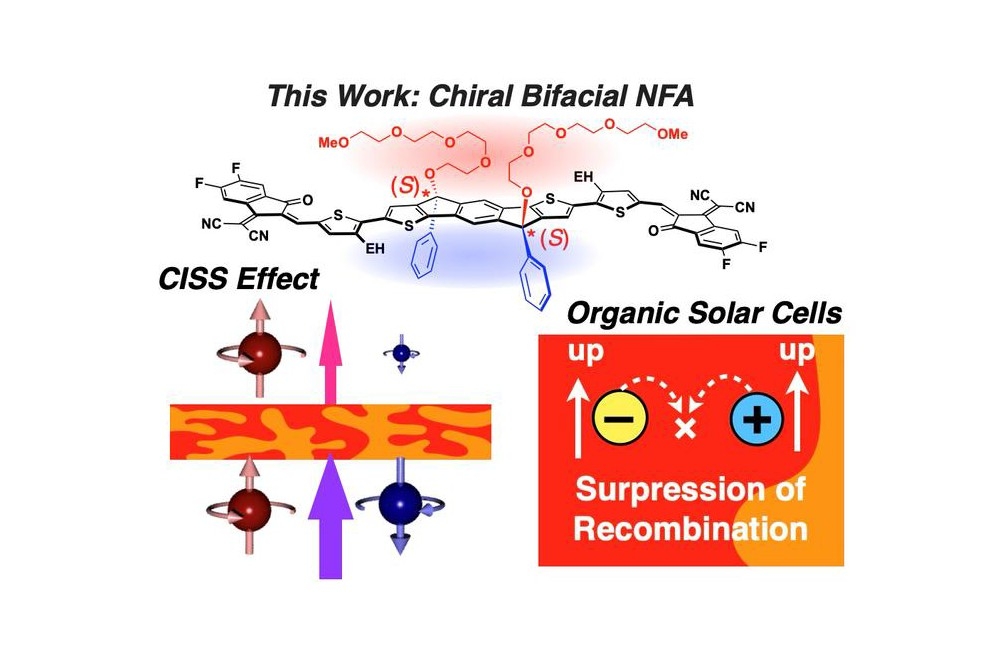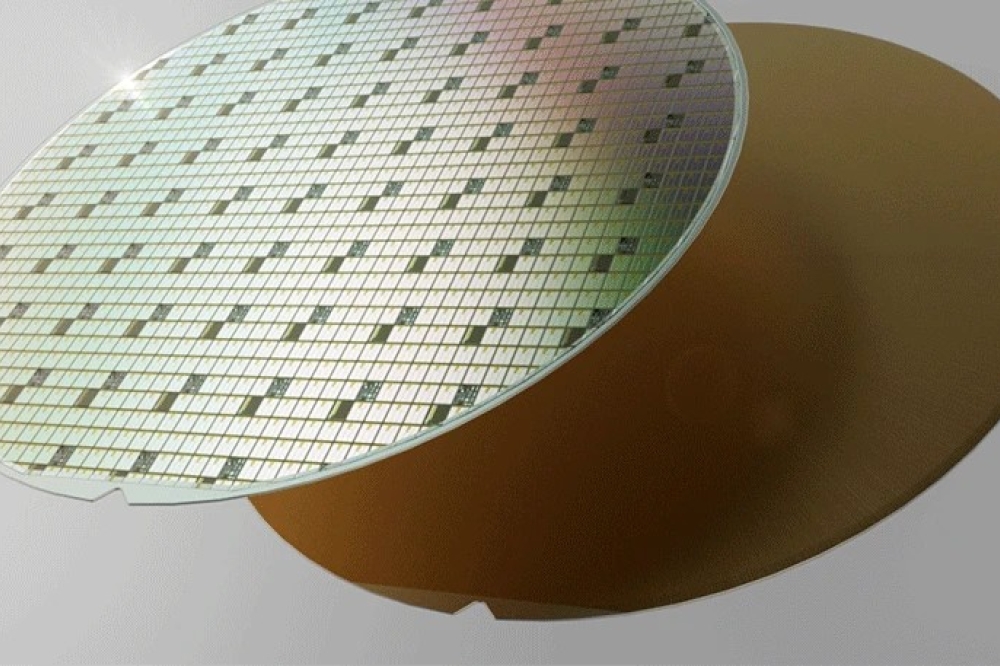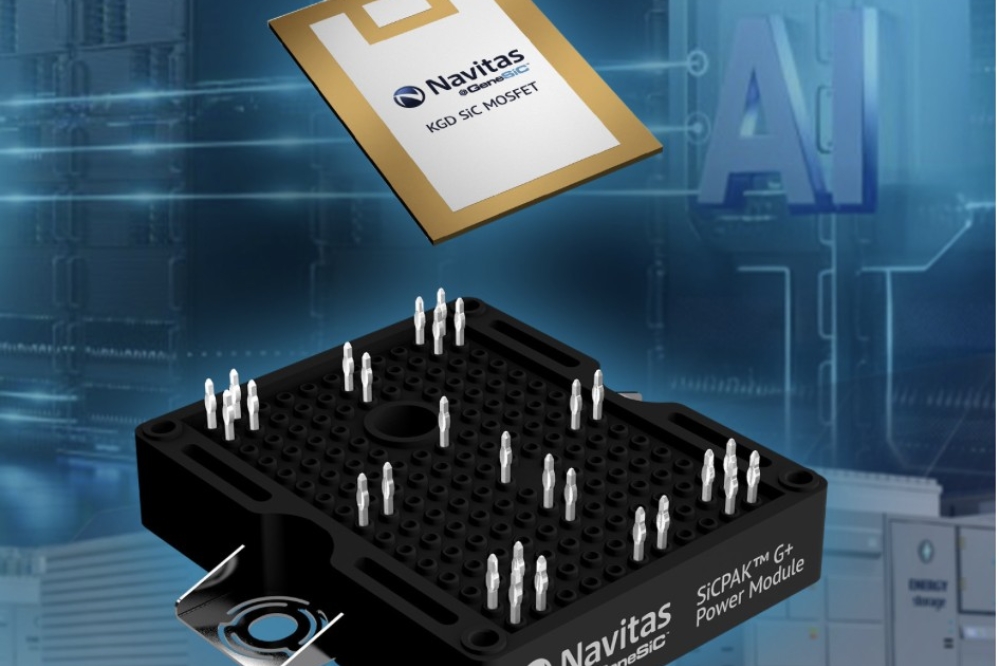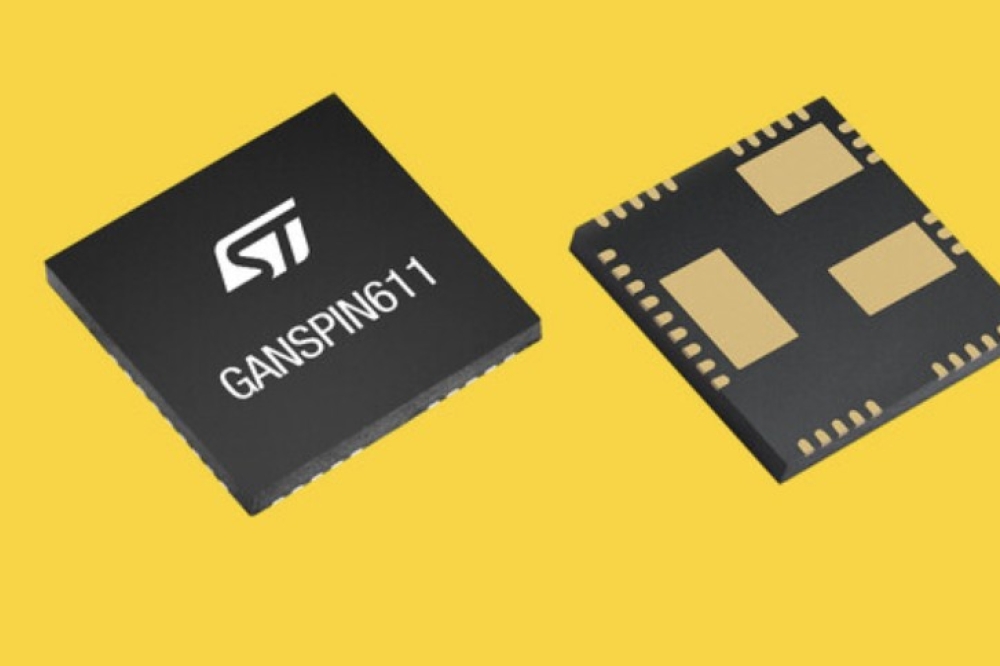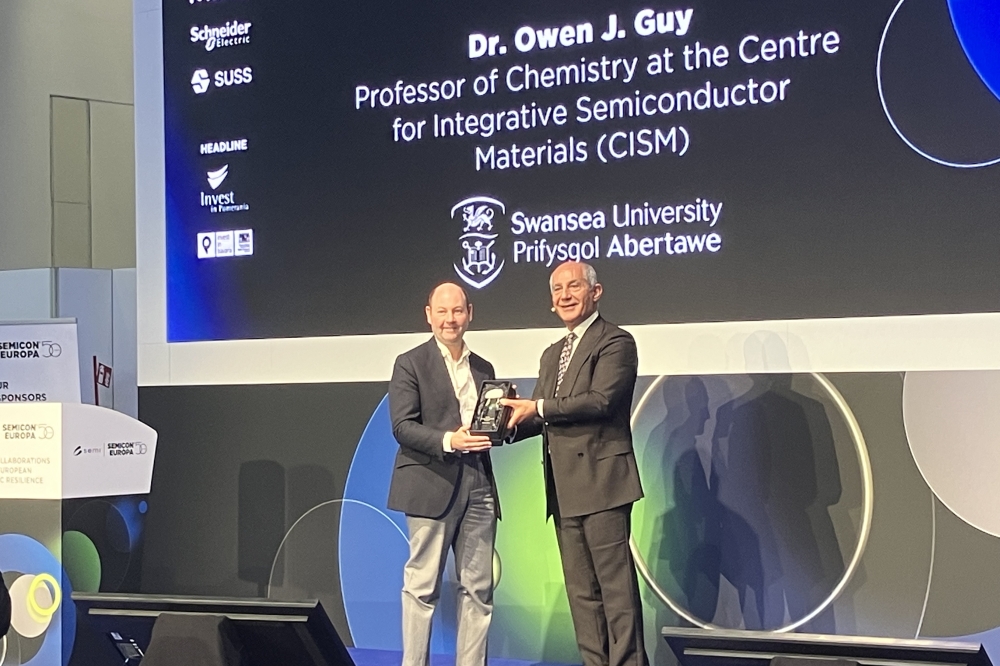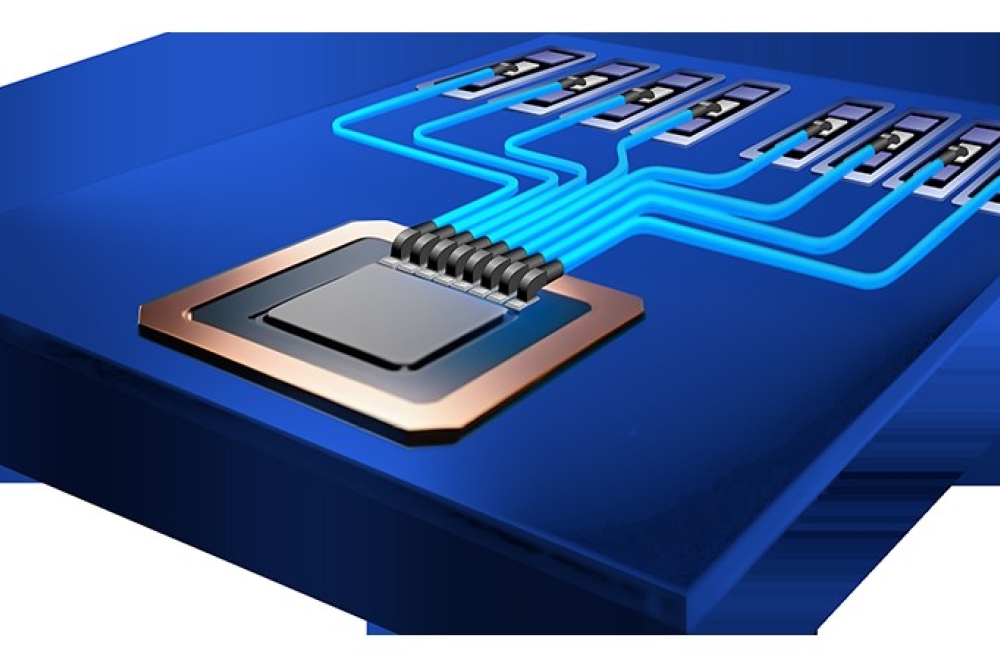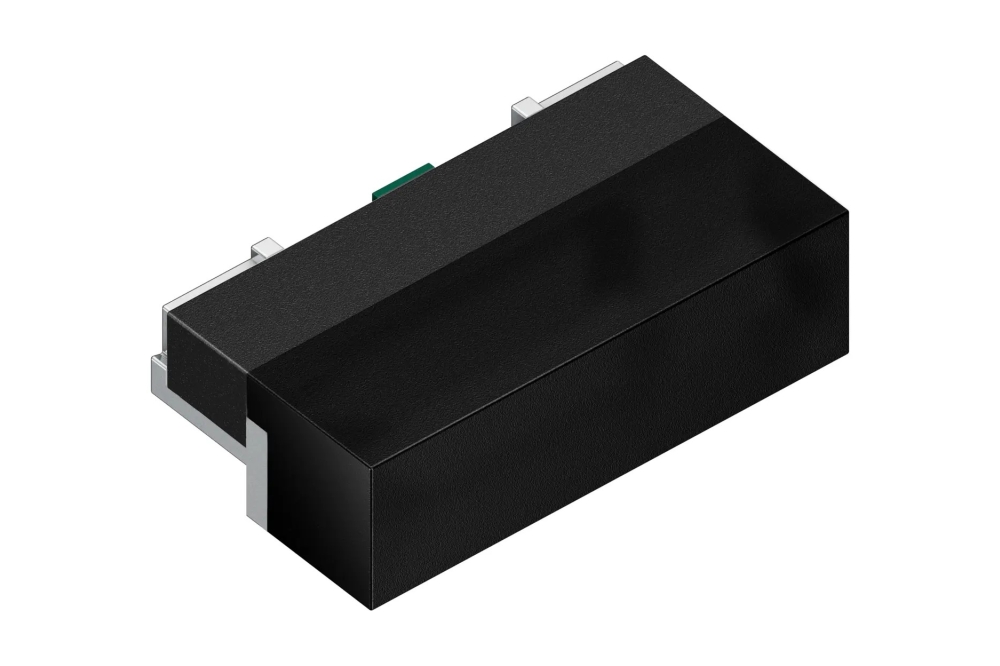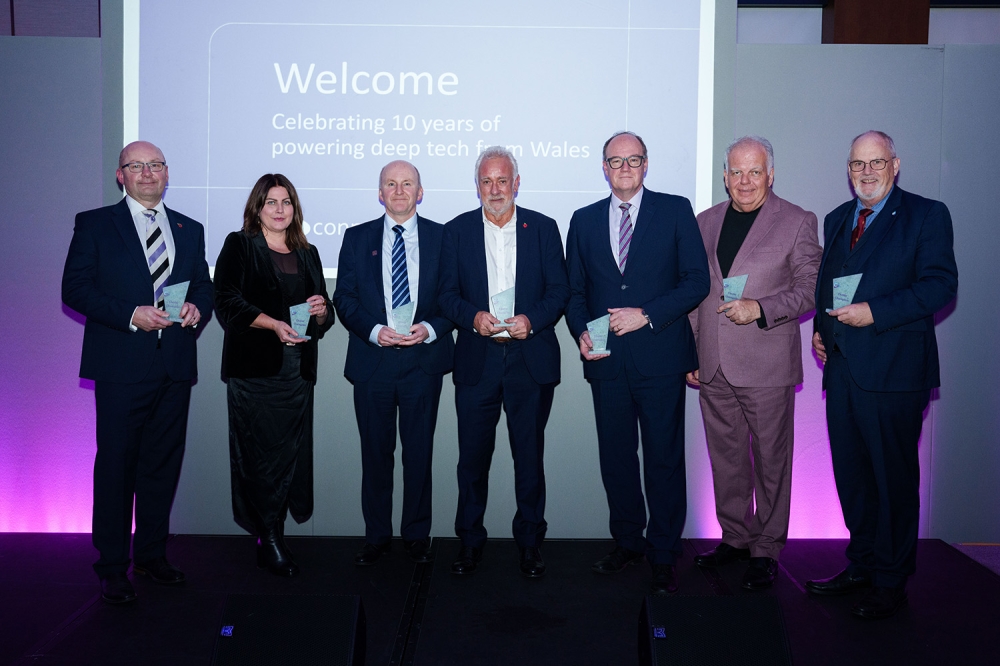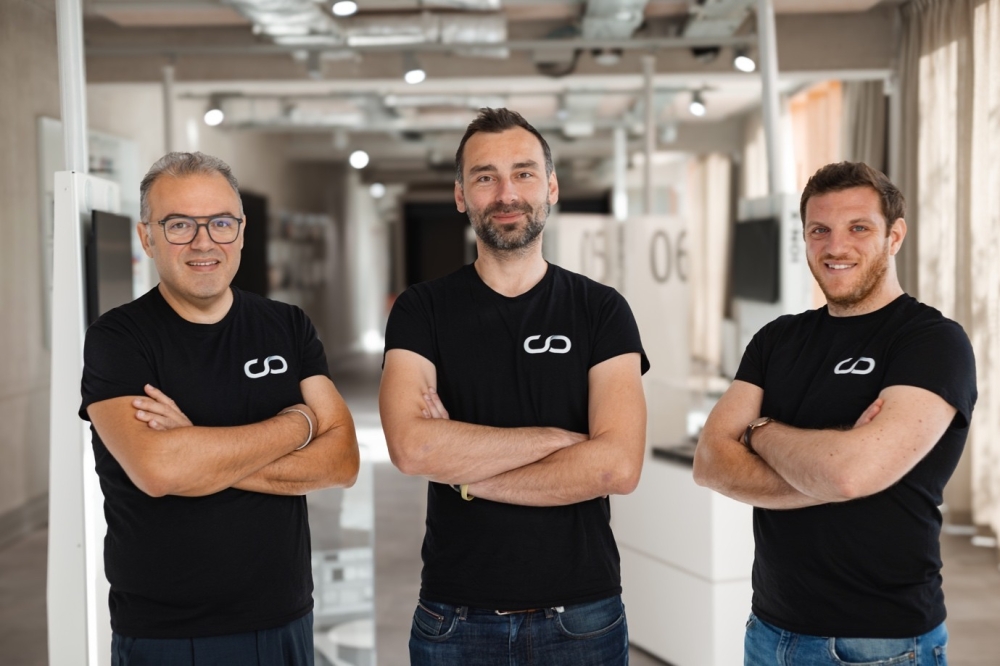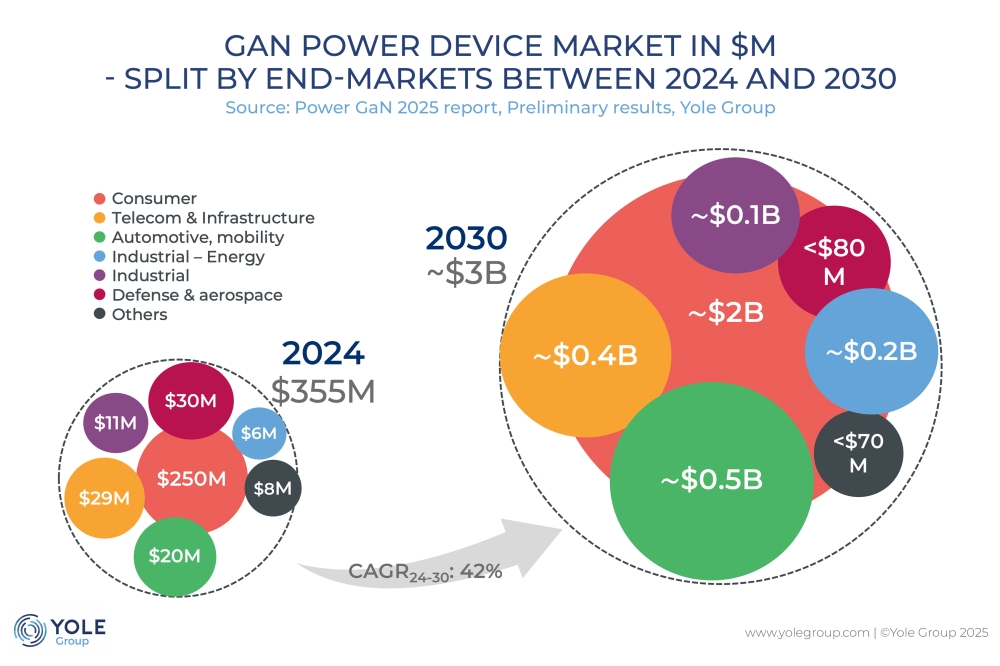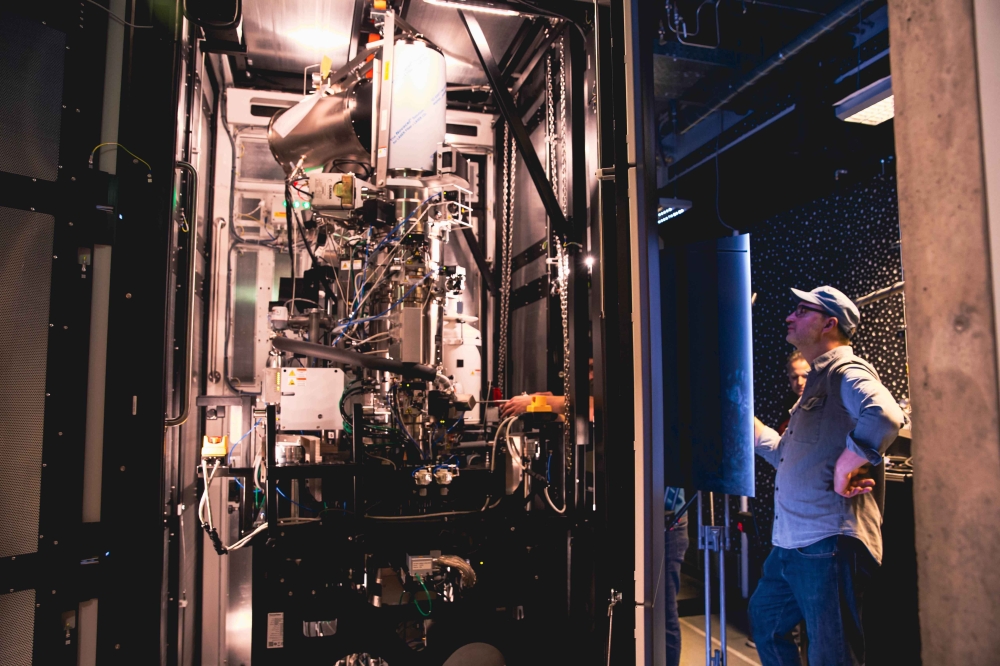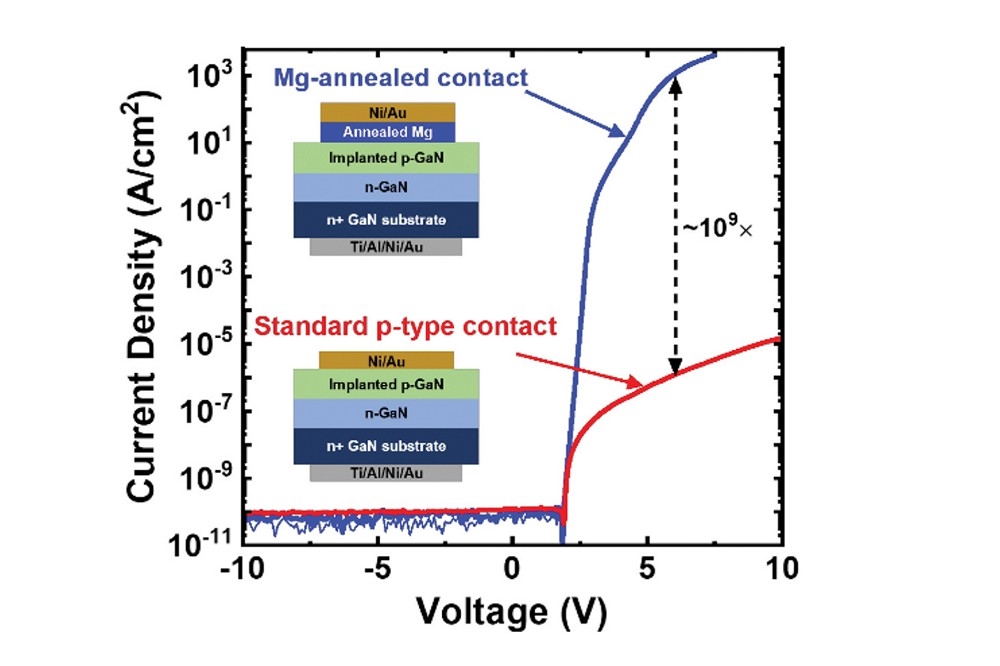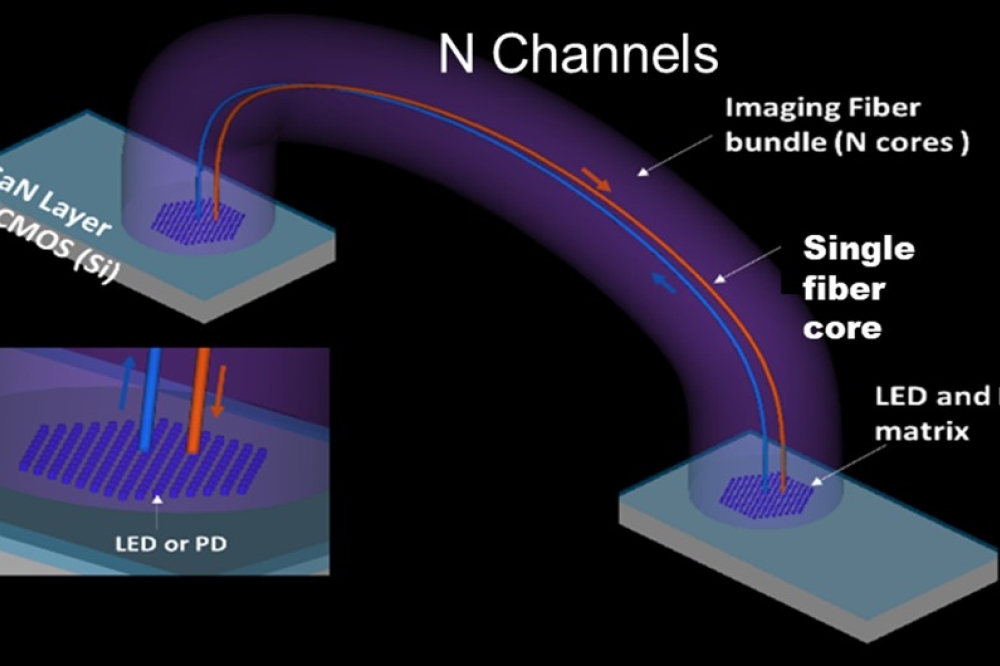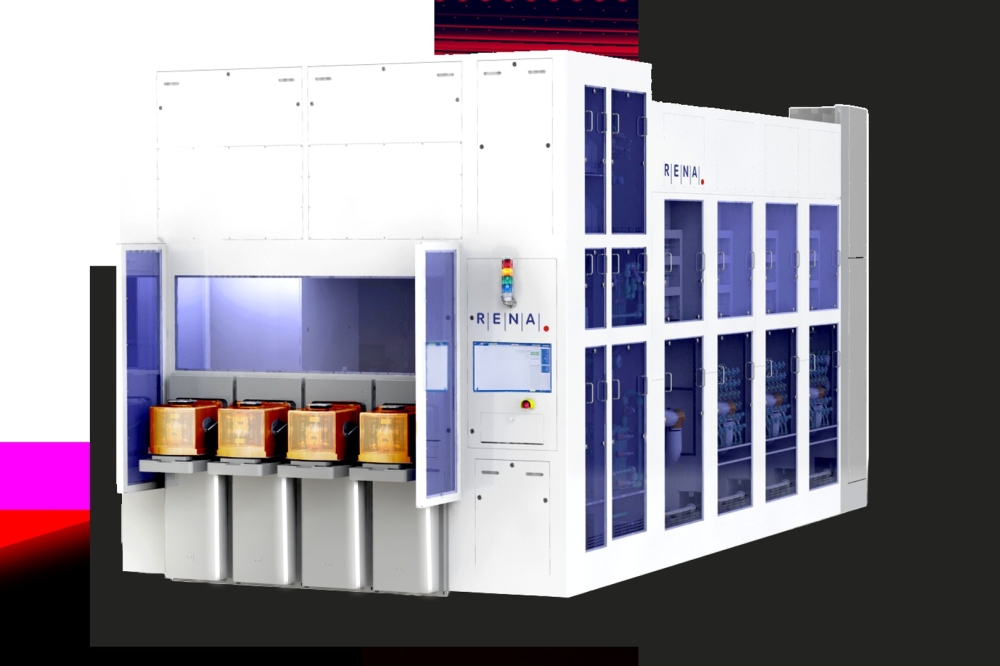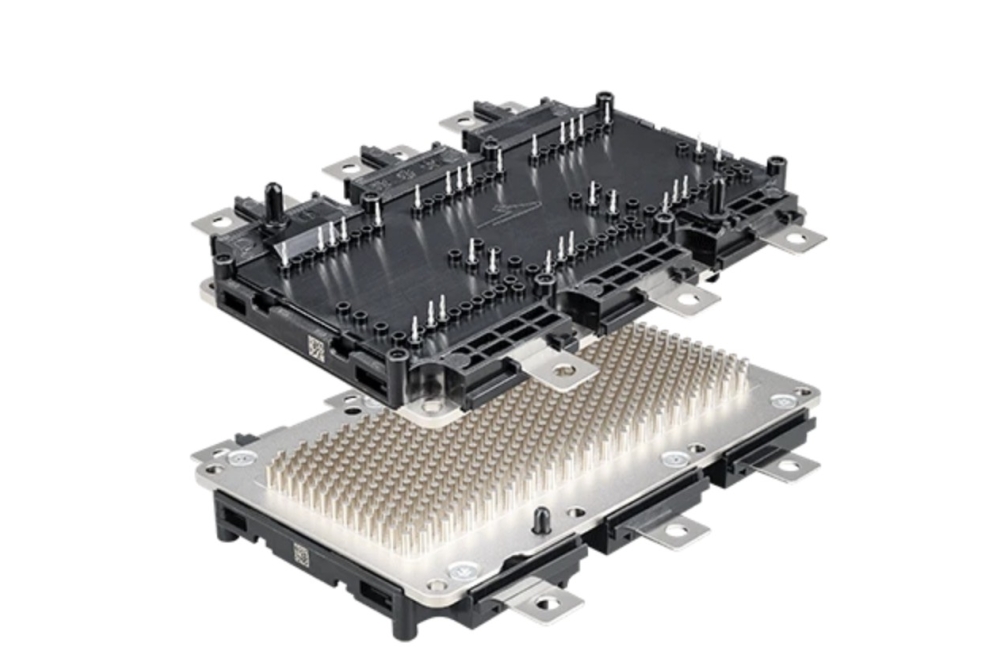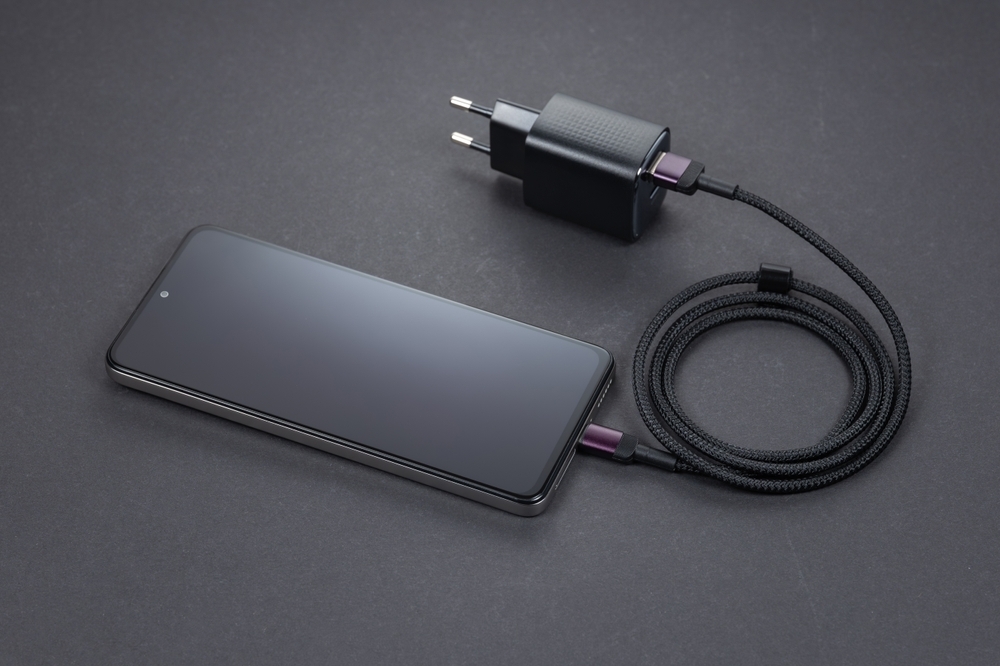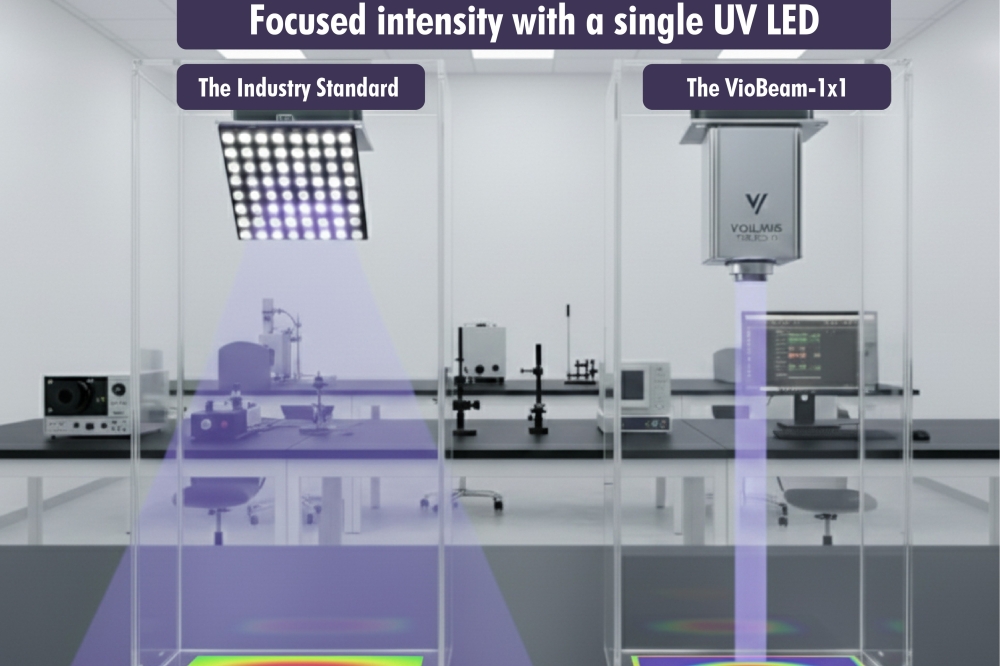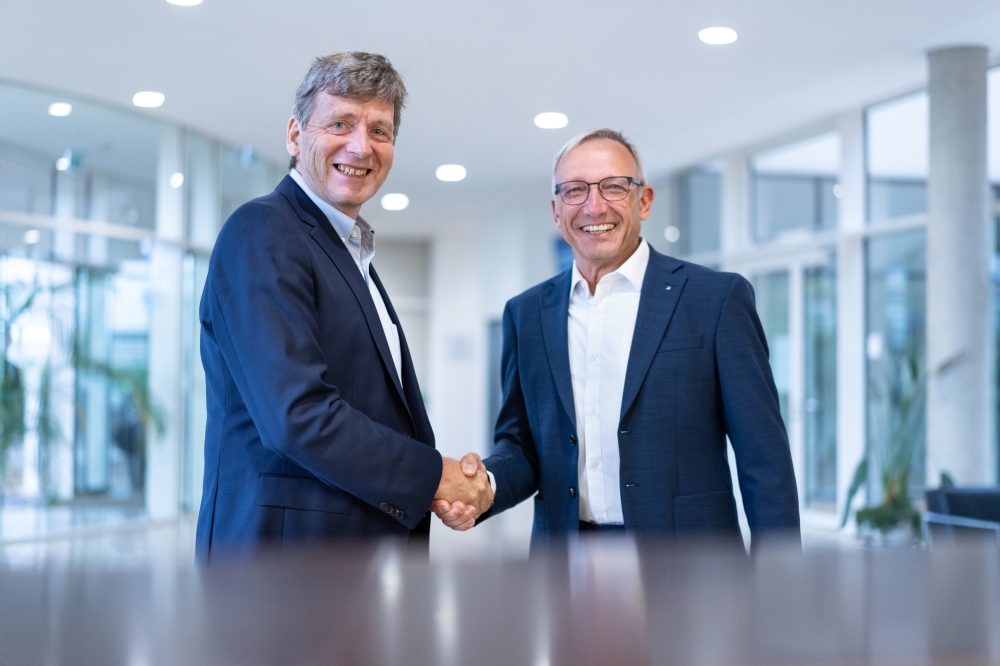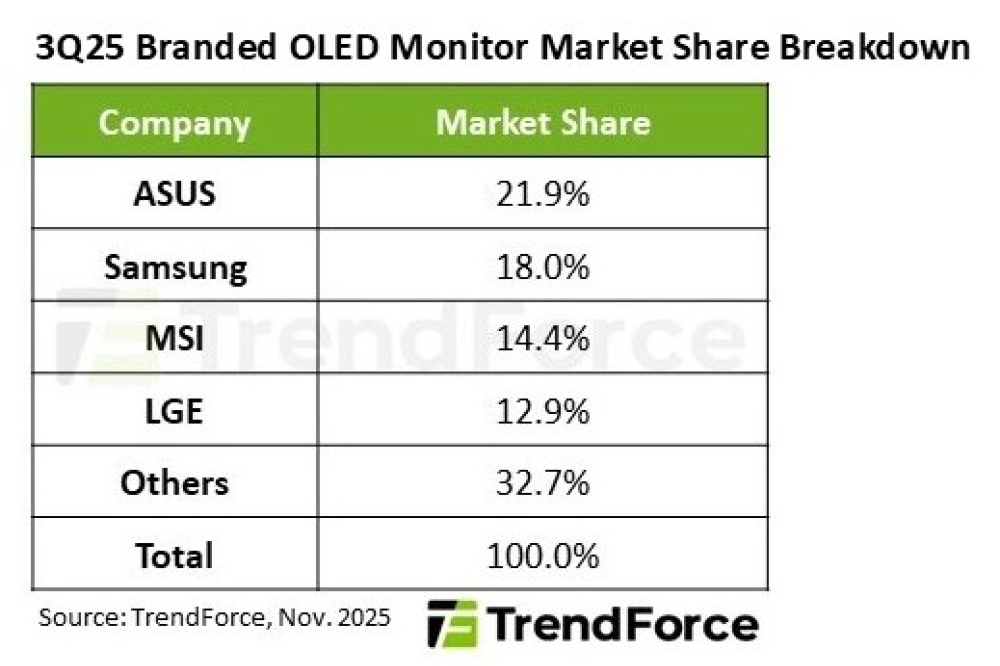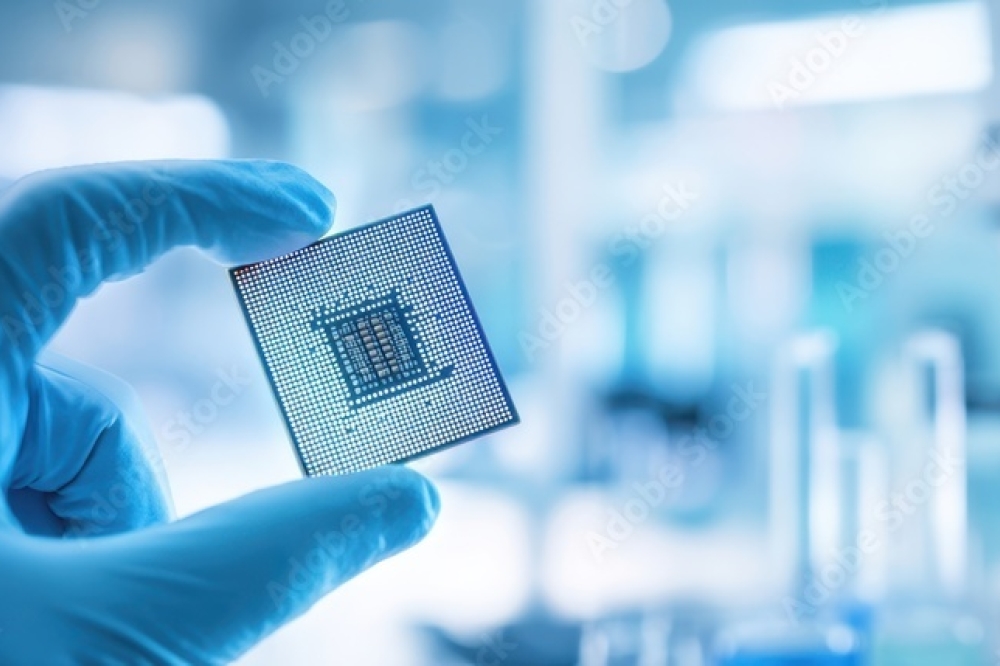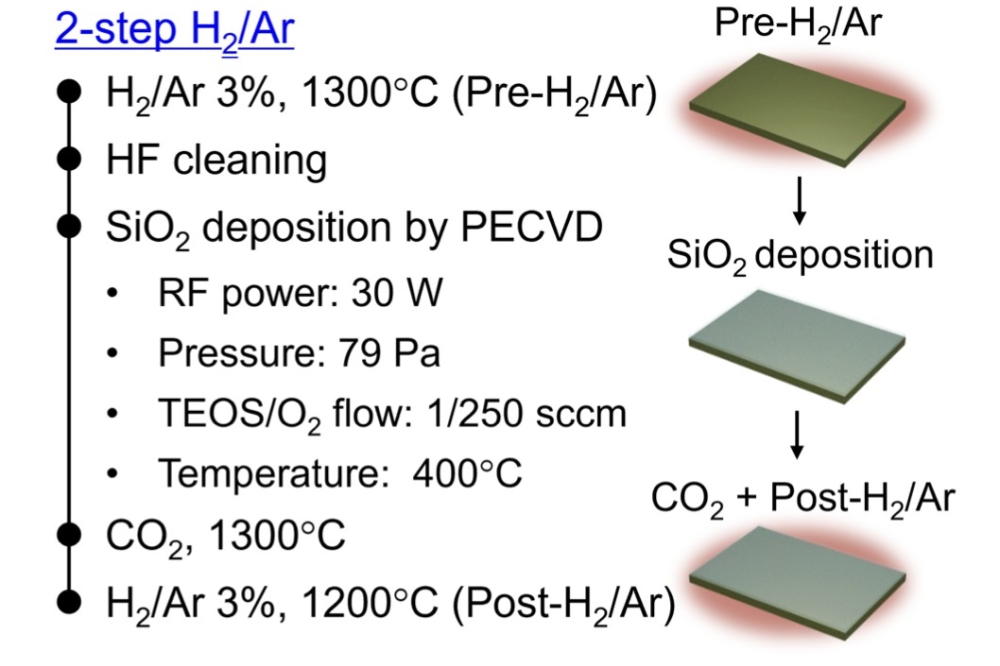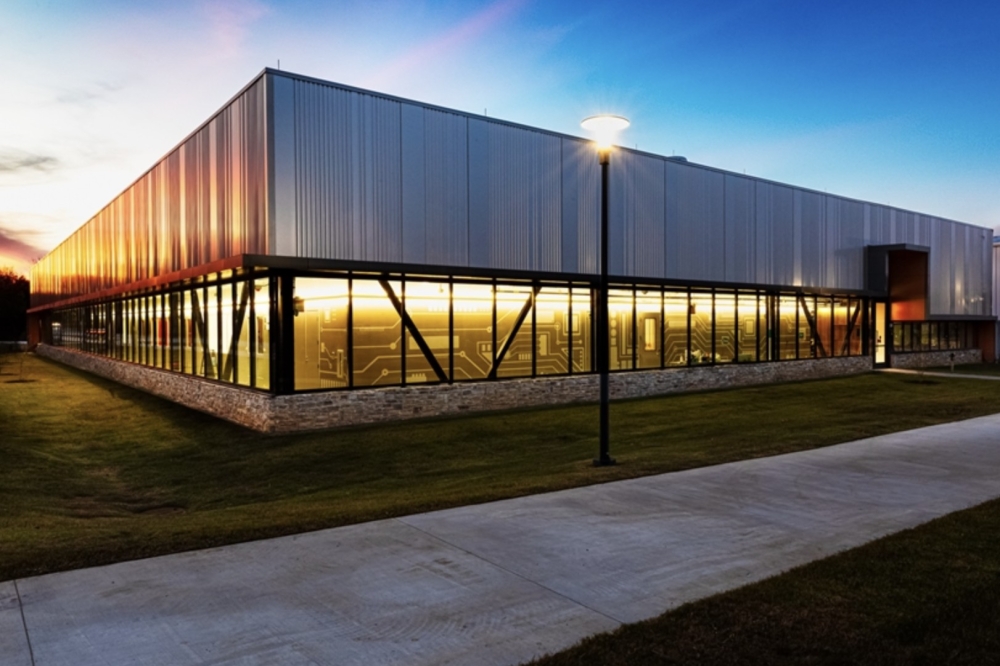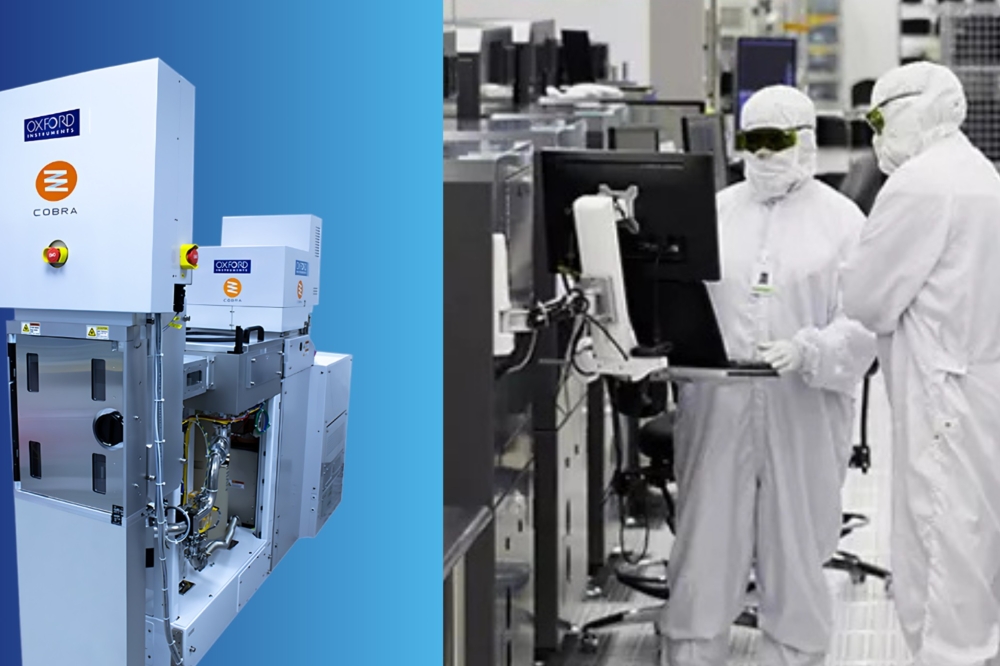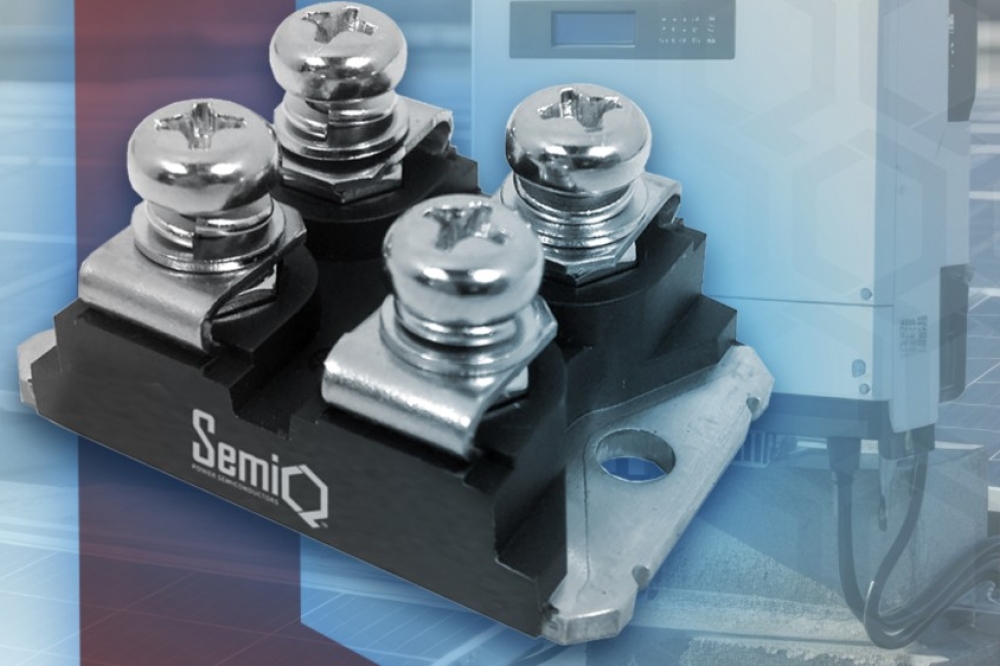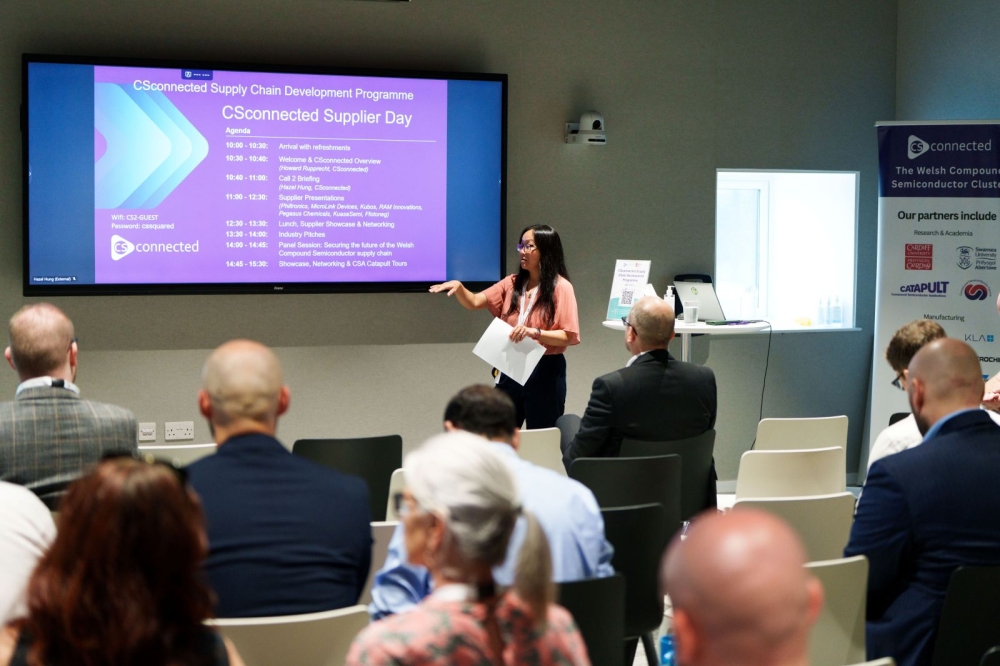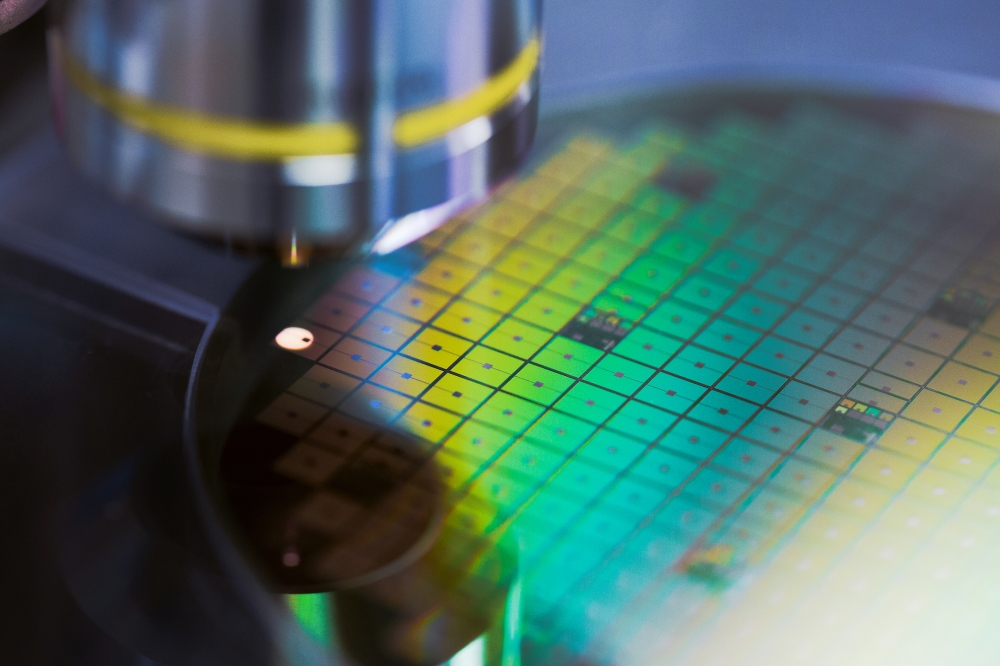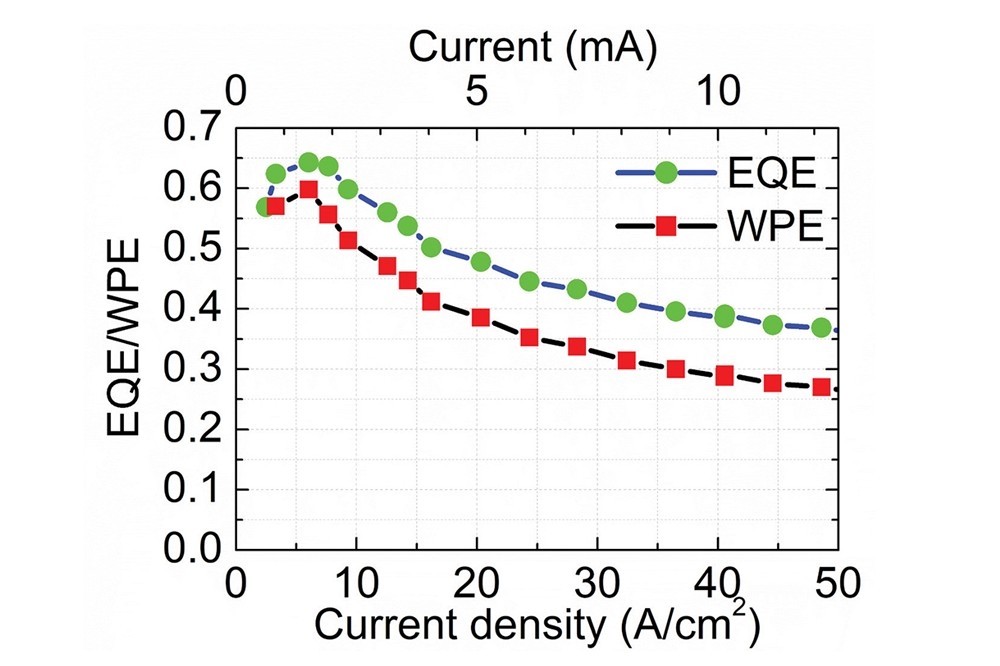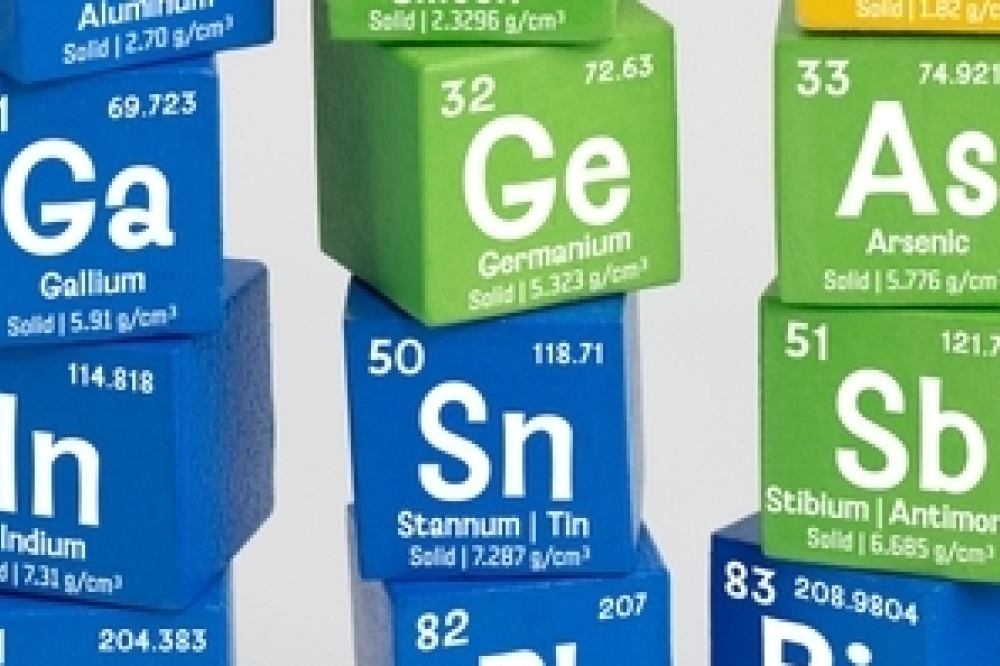NSF awards $42.4M to support future semiconductors
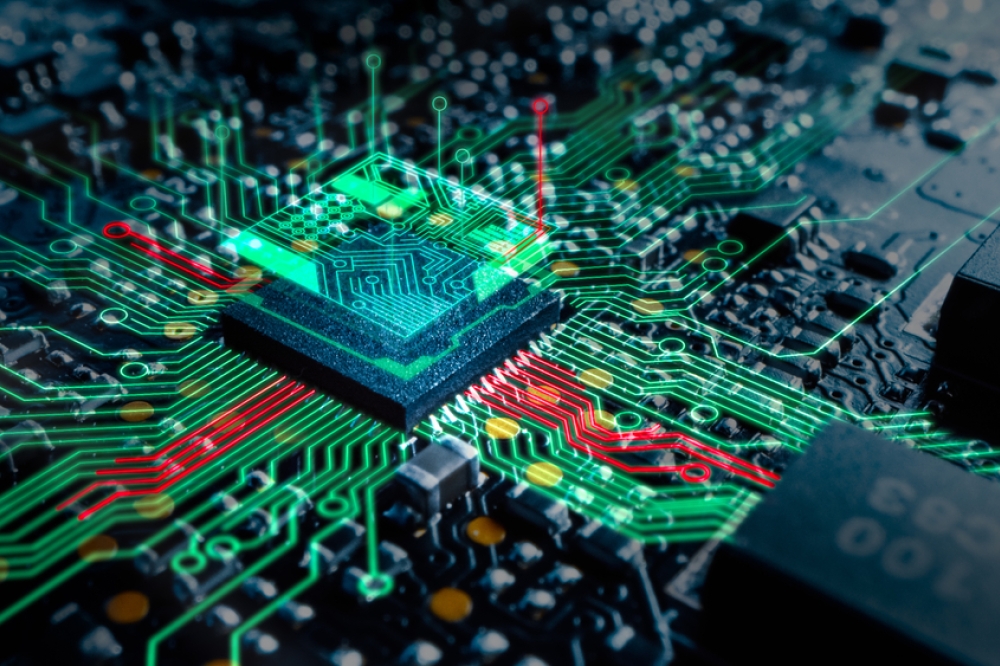
The US National Science Foundation, in partnership with Ericsson, Intel Corporation, Micron Technology and Samsung, have announced $42.4 million in grants for its Future of Semiconductors (NSF FuSe2) competition.
The investment will fuel research and education across various semiconductor technologies including emerging computing tasks and applications, energy efficiency, performance, manufacturing and supply chains.
This marks the next stride in the FuSe program. One year ago, NSF launched the initial FuSe program that provided $45.6 million to fund 24 research and education projects supported by funding from the Biden administration's 'CHIPS and Science Act of 2022.'
FuSe2 will supports 23 research projects across 15 different states and 20 institutions, including nine first-time FuSe awardees, seven minority-serving institutions, and two NSF Established Program to Stimulate Competitive Research jurisdictions:
Advanced computing technology. Prrojects aim to revolutionise computing by developing cutting-edge technologies such as ultra-thin oxide semiconductors, novel chip designs and advanced algorithms. By enhancing the performance of AI workloads and developing energy-efficient solutions for edge devices, these innovations promise to democratise access to advanced computing and improve efficiency across various applications, from wearable health devices to large-scale data centres.
Improved energy efficiency and environmental impacts. Projects will advance energy efficiency within computing systems, including hardware for deep neural networks, vertical power delivery systems and high-density 3D-integrated circuits. These initiatives could dramatically reduce power consumption and cooling requirements, addressing the growing energy demands of modern data centres and contributing to environmental sustainability.
Advanced function and high-performance electronics. Projects aim to accelerate the adoption of advanced electronic, photonic and hybrid devices and components for sensing, memory and energy to enable cutting-edge functionality in semiconductor technology. They support the holistic co-design of systems across devices, circuits and algorithms by integrating new components and materials compatible with future technologies. Projects will focus on system-level strategies enabling the most robust, compact, energy-efficient and cost-effective solutions that address how analog and digital information can be processed, stored, communicated and acted upon.
Next-generation materials and devices: Projects will focus on developing new materials and devices that overcome existing limitations in data storage, processing and quantum information processing, leading to breakthroughs in solving complex computational problems.
"Innovation in semiconductor research is crucial to the future of our global competitiveness in modern electronics, computing and supply chains," said NSF director Sethuraman Panchanathan. "These investments are not only supporting the future of semiconductors as a driver of our economy but also our national security. As such, we must ensure that we harness the full potential of emerging technologies and develop a skilled workforce ready to unleash new opportunities and tackle global grand challenges."

